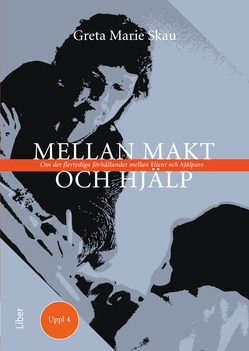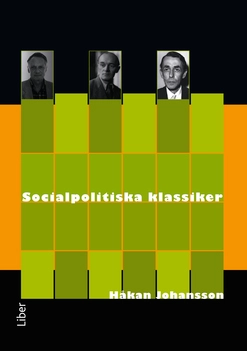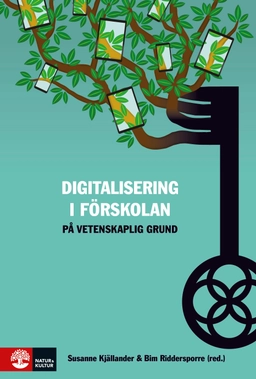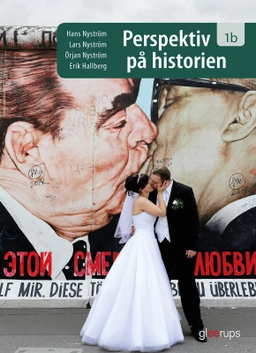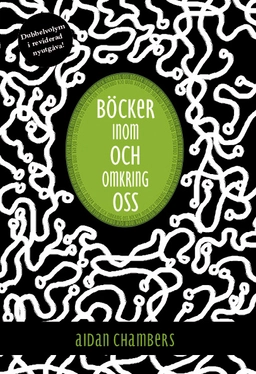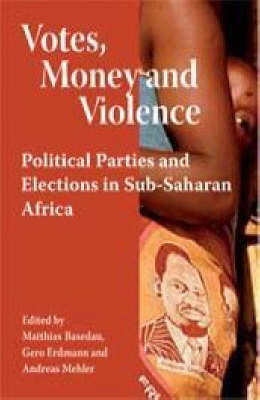

Votes, money and violence : political parties and elections in Sub-Saharan AfricaUpplaga 1
- Upplaga: 1a upplagan
- Utgiven: 2007
- ISBN: 9789171065797
- Sidor: 301 st
- Förlag: Nordiska Afrikainstitutet
- Format: Häftad
- Språk: Engelska
Om boken
Åtkomstkoder och digitalt tilläggsmaterial garanteras inte med begagnade böcker
Mer om Votes, money and violence : political parties and elections in Sub-Saharan Africa (2007)
I januari 2007 släpptes boken Votes, money and violence : political parties and elections in Sub-Saharan Africa skriven av Gero Erdmann, Matthias Basedau, Andreas Mehler, E. Gyimah-Boadi, Peter Burnell, Vicky Randall, Christof Hartmann, Matthijs Bogaards, Liisa Laakso, Paul Nugent. Det är den 1a upplagan av kursboken. Den är skriven på engelska och består av 301 sidor djupgående information om samhälle och politik. Förlaget bakom boken är Nordiska Afrikainstitutet.
Köp boken Votes, money and violence : political parties and elections in Sub-Saharan Africa på Studentapan och spara pengar.
Tillhör kategorierna
Referera till Votes, money and violence : political parties and elections in Sub-Saharan Africa (Upplaga 1)
Harvard
Oxford
APA
Vancouver











